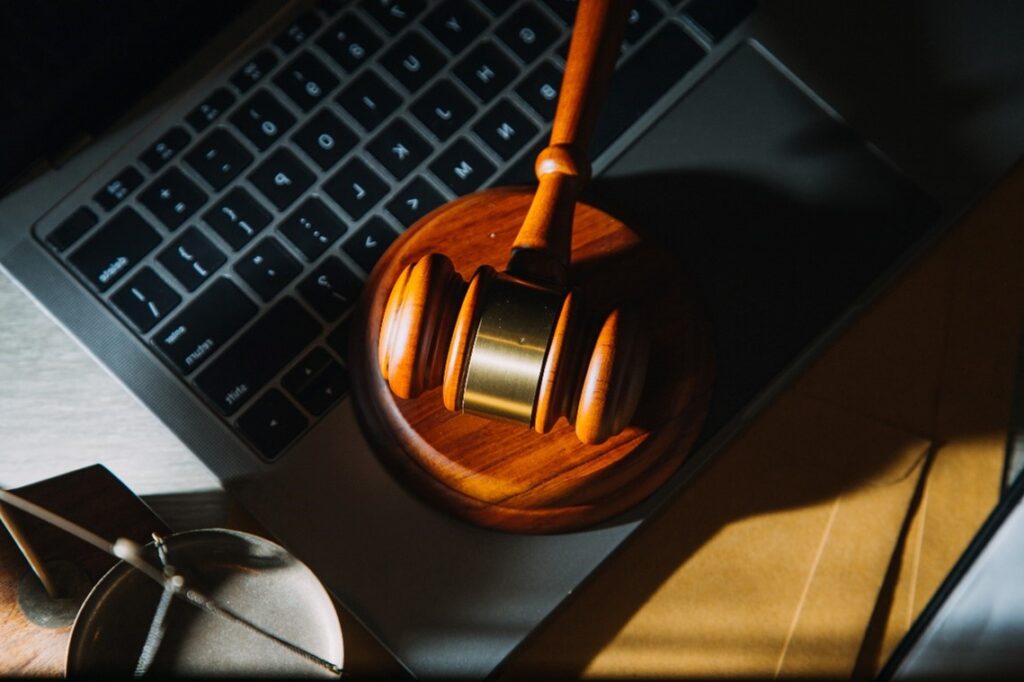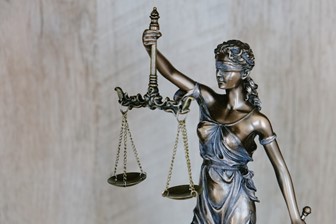
Contracts drive daily life, whether it’s signing on to a full-time job, a prenuptial agreement, or securing a mortgage.
It’s also an art form. Contracts demand a deft touch, whether one is the seller or buyer, to maintain airtight terms. A comprehensive and clear contract accurately addresses needs and intentions while lowering the risk of litigation and protecting assets.
Tricia A. Bigelow notes that one does not need to be a businessperson or a lawyer to master the art of contract drafting. And, while it may be tempting to attempt contract creation without legal assistance, hiring an attorney brings a level of expertise and precision that is invaluable.
Language Choices
Even contracts that are dozens of pages can make their purpose clear and easy to understand with language that is concise and simple, avoiding the pitfall or overcomplicating the contract terms. Word choice should be straightforward and specific, never too vague or maddingly ambiguous.
The general role of thumb: The vagueness of a contract usually correlates with the chance of disputes down the road.
One word potentially makes a big difference. For example, the word “shall” needs to be used to describe a party’s obligation, so the word “party” should always go before the word “shall.” Using the word “will” does not reflect a party obligation but rather establishes the consequences of events in the future.
Details, Please
Comprehensively outlining terms, clauses and even the meaning of some words makes or breaks a good contract. Producing a checklist of goals before reviewing and signing a contract is a good way to make sure an important contract element isn’t overlooked to mitigate risk. There should also be consistency in the details, especially when it outlines a company’s policies.
A few details that are commonly overlooked are any warranties involved, provisions that address non-disclosure or confidentiality, termination conditions, and the preferred payment terms.
Accessible Formatting
The way a contract is formatted holds just as much importance as its content. Having effective and digestible contract sections and subsections further sharpens the clarity of the document and shortening the length of sections makes for a contact that is less likely to feel like a burden to read.
Even the simple act of breaking down a section into two or three subsections greatly increases accessibility and makes it easier to remember the terms.
Assessing Risk
Nearly every contract comes with a few risks, so analyzing risk in advance is a key tool to avoid big issues. When risk areas are identified, they can be addressed in separate contract sections or in notable clauses to protect each party’s interests or an alignment of interests.
To help with any potential issues, a section outlining agreed-upon mechanisms for dispute resolution can be integrated.

Use a Contract Drafter
For complicated deals of large scope, using a professional contract drafter may be the safest bet to make sure a contract includes everything it needs to. Contract drafters know just how to lower the chance of financial risks while upping a contract’s overall effectiveness.
Parties can collaborate with contract drafters to further hone the wording needed to hit outcomes considered optimal for both sides.
Conclusion
In essence, hiring an attorney for contract drafting is an investment in legal security and peace of mind. It ensures that agreements are legally sound, tailored to a person’s specific needs, and provide comprehensive protection. While it may incur an initial cost, the long-term benefits far outweigh any potential savings from a DIY approach. When it comes to creating airtight agreements, the expertise of an attorney is an indispensable asset.




